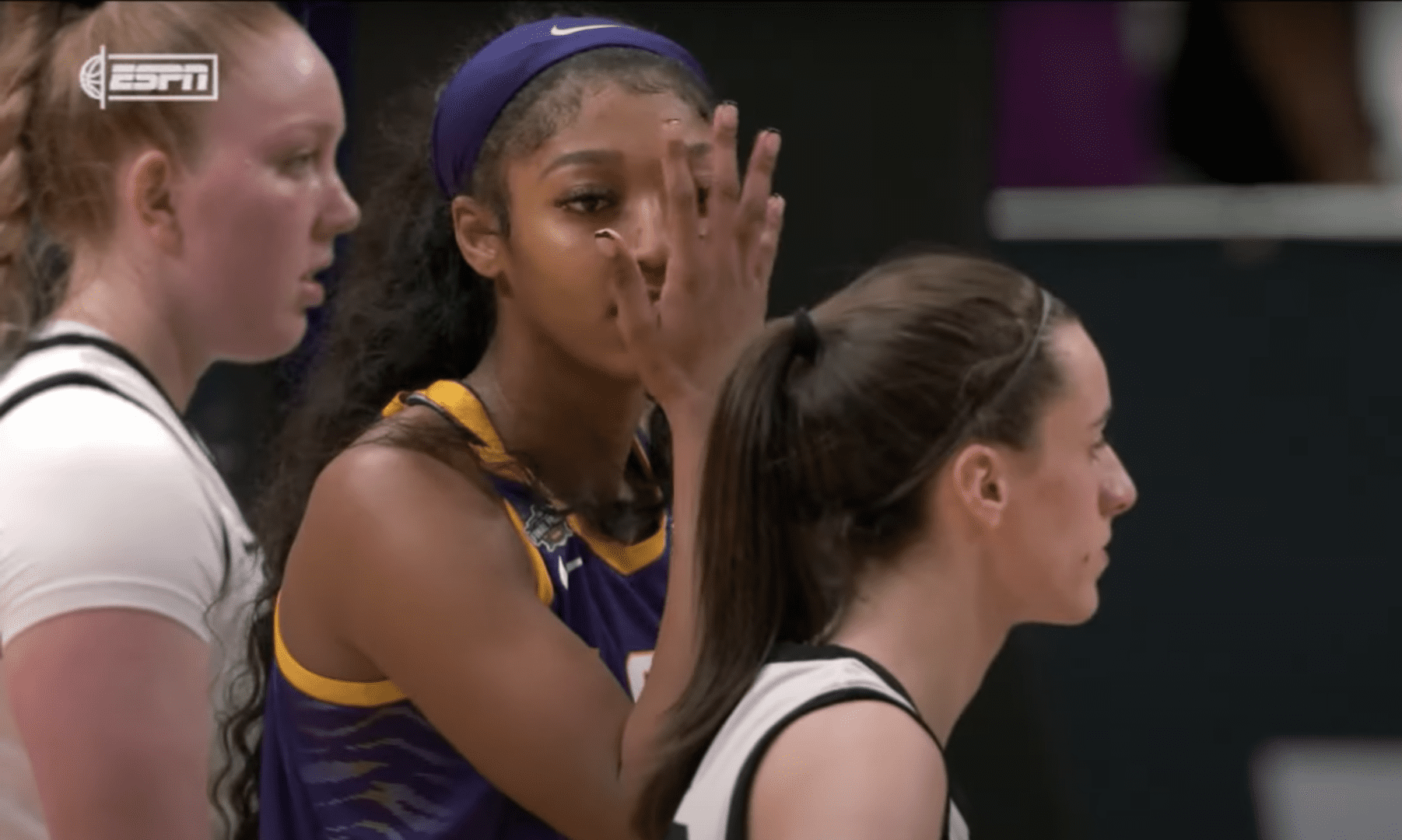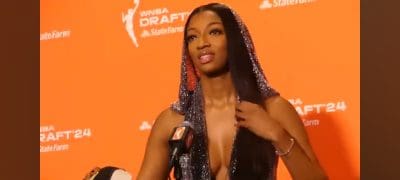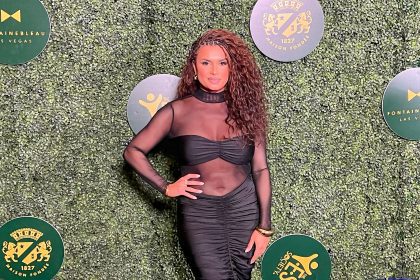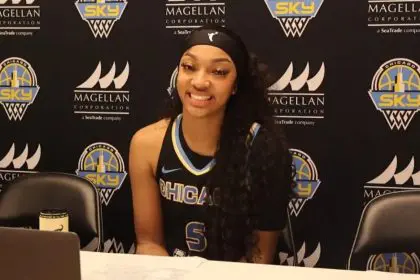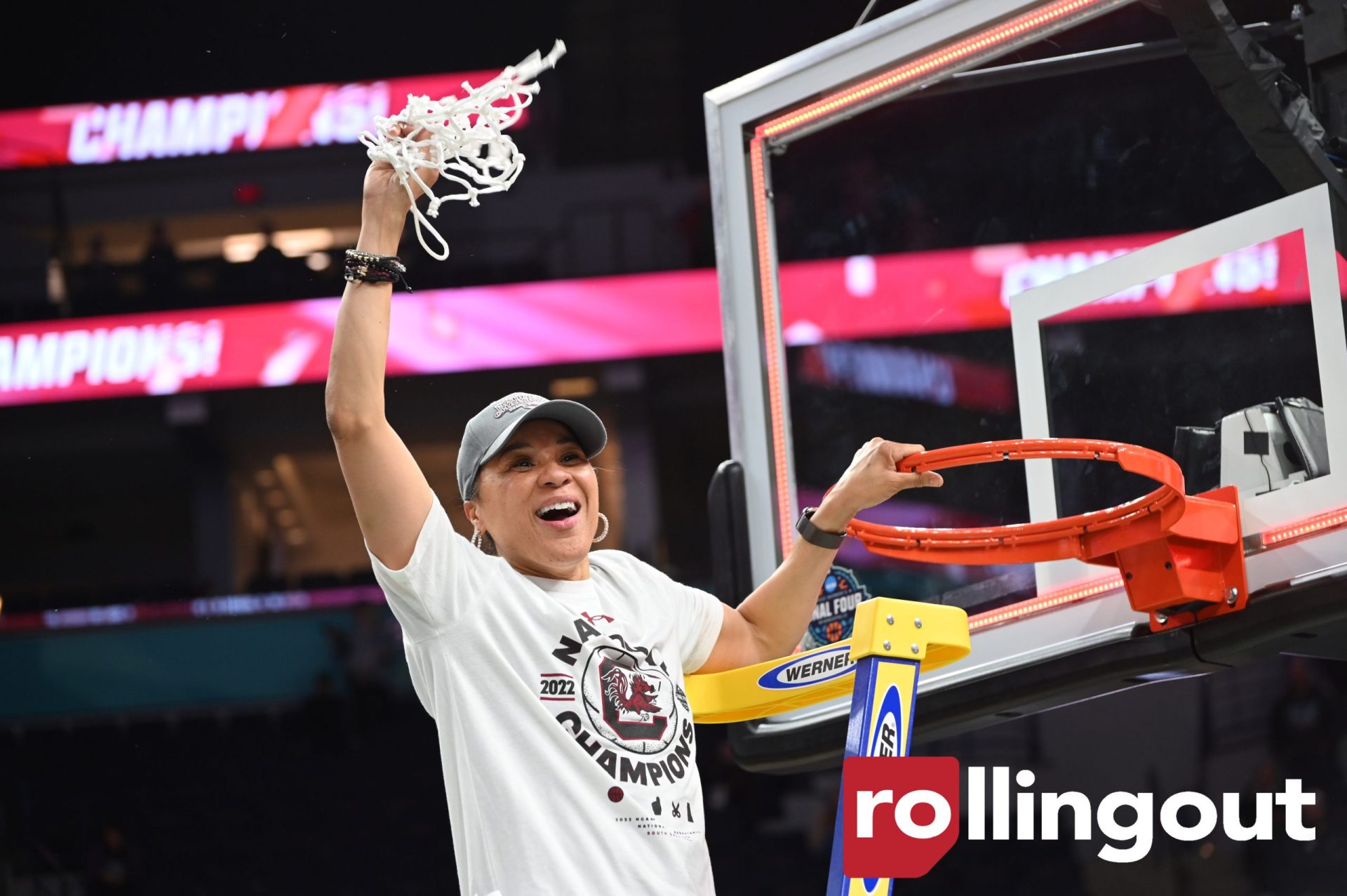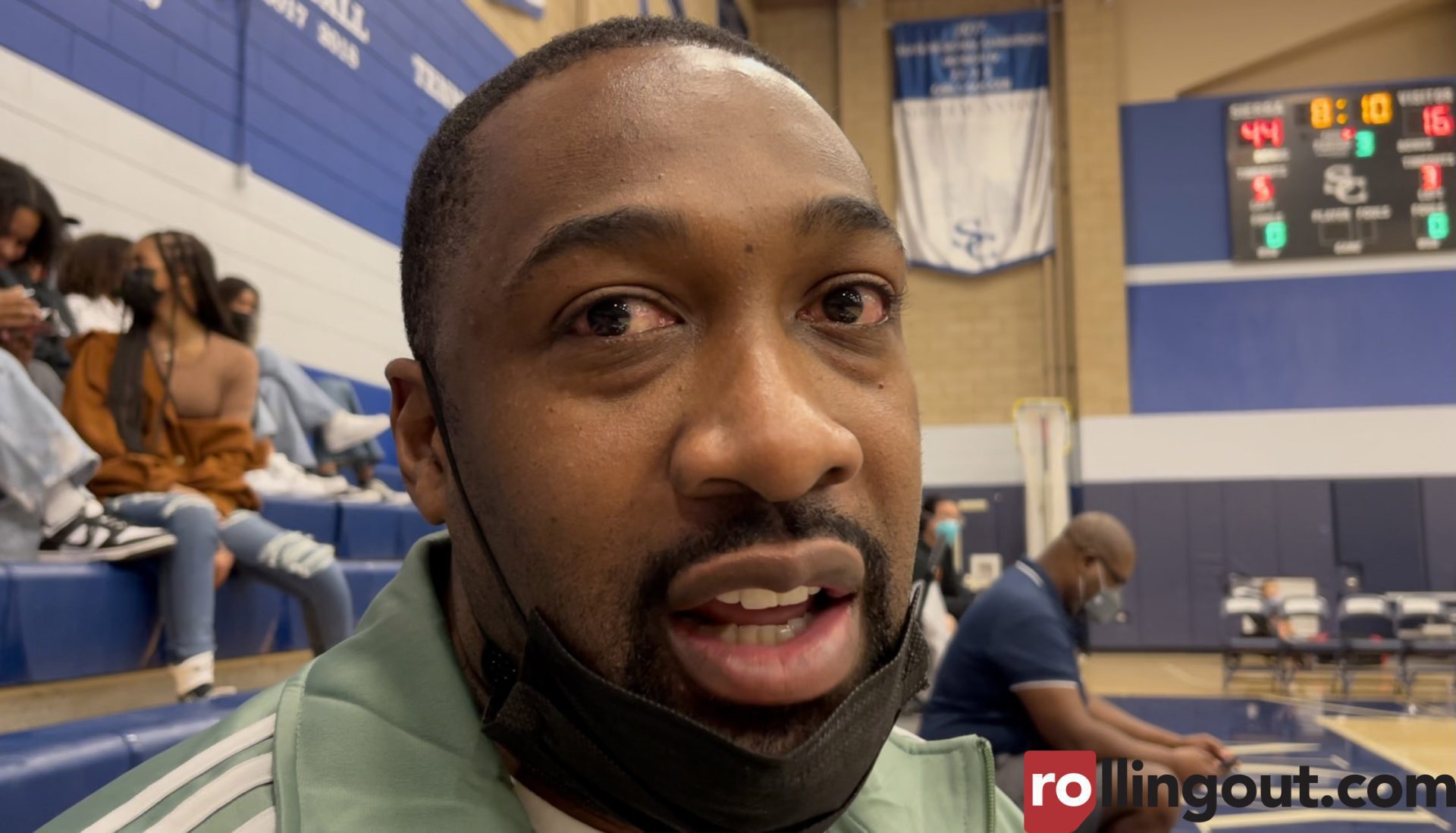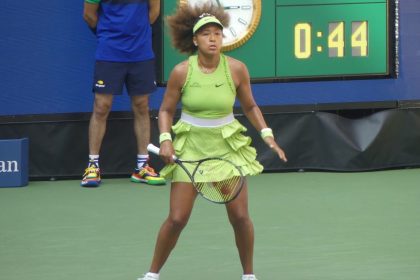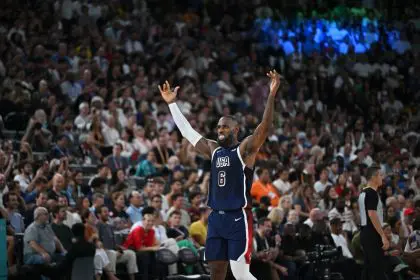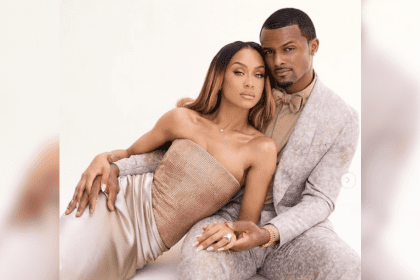The rivalry and misogynoir
The rivalry between Reese and Clark, which began during their college basketball days, has escalated into something much more sinister due to the ways the media and fans frame their competition. Reese, a talented and outspoken Black woman, has faced an onslaught of racist and sexist criticism, especially following her actions during the 2023 Women’s NCAA Championship Game. In contrast, Clark, a white athlete who displays similar competitive behavior, has largely been celebrated for her intensity. This unequal treatment is a textbook example of misogynoir, where Black women are held to harsher standards and villainized for the same actions that white women may be praised for.
Racism in the WNBA: A growing problem
This dynamic has extended into the professional arena, with Reese and her teammate Alyssa Thomas becoming targets of racist remarks from fans. Thomas — a veteran player — recently condemned the rise of racial hostility, noting that this season, she has faced more racism than in her entire 11-year career. In particular, after a playoff victory against the Indiana Fever — where Clark plays — Fever fans were heard making racist comments, prompting Thomas to speak out.
“It’s uncalled for,” Thomas stated, according to SBNation, “and something needs to be done, whether it’s them checking their fans, or the league.”
This moment is emblematic of how Black women in high-profile settings, like sports, are subjected to a level of scrutiny and abuse that is not equally applied to their white counterparts.
Media’s role in perpetuating misogynoir
Reese has been vocal about how the media has played a role in shaping the narrative around her career, often painting her as the “villain” while boosting Clark’s image as a more palatable figure.
“For the past 2 years, the media has benefited from my pain and me being villainized to create a narrative,” Reese wrote on X, formerly Twitter, according to Athlon Sports.
This narrative perpetuates a larger pattern seen in many professional settings where Black women are criticized for being “too assertive” or “angry,” while white women performing the same behaviors are described as passionate or strong leaders — or, in some professional situations, white women use their tears to derail Black women’s justified complaints about the white women’s misogynoir toward them.
This manipulation of public perception is a form of misogynoir that pits Black women against white women, creating a divide that distracts from the systemic issues at play. The media’s selective storytelling not only harms athletes like Reese but also reinforces harmful stereotypes that follow Black women in workplaces everywhere, from corporate offices to sports teams.
Misogynoir in the workplace: A broader context
The experiences of Reese and Thomas reflect a larger pattern familiar to many Black women in professional environments. Black women are often placed in situations where their actions are scrutinized and misinterpreted, while their white colleagues are given more latitude. Whether it’s being labeled as “too aggressive” or having their accomplishments minimized, Black women must navigate a web of both racial and gendered biases. In this sense, the sports arena mirrors the workplace, where Black women are often forced into a double bind — needing to outperform their white peers while facing harsher criticism.
The WNBA and accountability
In response to the rising racism, the WNBA issued a statement condemning the behavior of fans and promising to uphold a respectful environment. While this is a necessary step, it only scratches the surface of the deeper cultural issues at play. Misogynoir requires more than policy changes; it requires a fundamental shift in how Black women are perceived and treated in public life.
Clark, for her part, has spoken out against the racist behavior directed at her competitors, calling it a disservice to the league. But as long as the media continues to fuel the false dichotomy between Black and white women, this issue will persist.
The fight for equality
The incidents involving Reese and Thomas underscore the need for change, not just in sports, but in how Black women are treated in all areas of life. The battle against misogynoir is ongoing, and it will take a collective effort — from fans, media and organizations like the WNBA — to help dismantle the systems that allow these biases to thrive. By speaking out, Reese and Thomas are not only defending themselves, but they are also advocating for a more equitable future for Black women everywhere — on and off the court.

